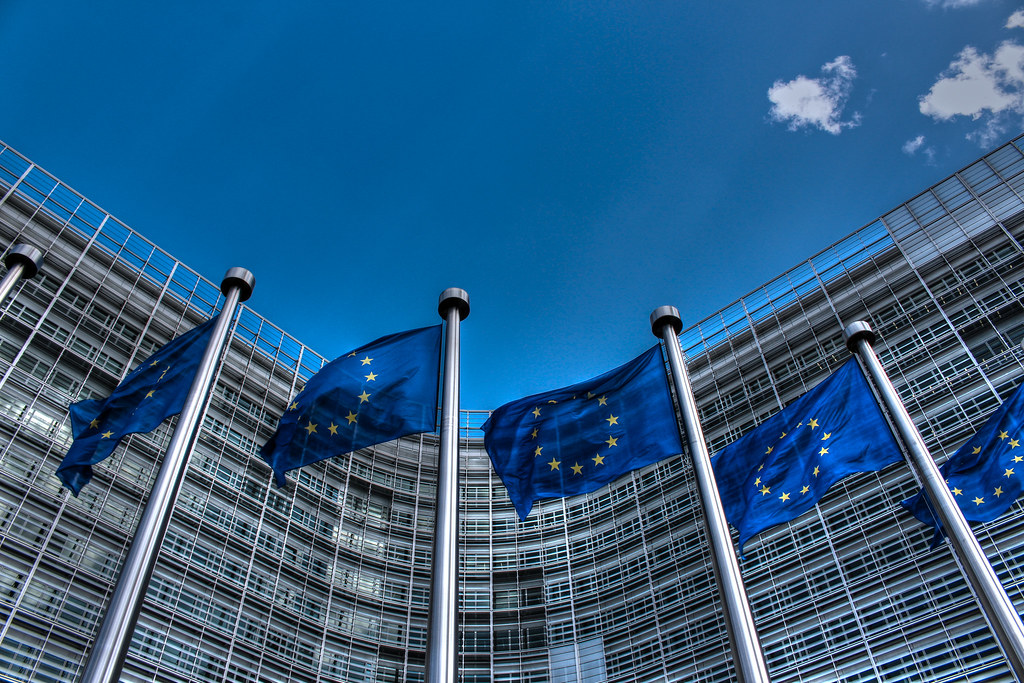The European Union‘s scrutiny of the social media platform X concluded successfully after the platform pledged compliance with the mandates set forth by the European Data Protection Commission (DPC). As of September 4, X has agreed to halt the use of personal data from users within the EU and European Economic Area (EEA) for training its artificial intelligence chatbot, Grok.
This agreement follows a directive requiring Twitter International, the entity managing X’s operations, to align permanently with data collection standards prescribed by the court. X has committed to erasing data collected from May 7 to August 1 and has resolved not to engage in further data collection for the development or enhancement of Grok.
The DPC initially lodged a complaint citing significant risks to the “fundamental rights and freedoms of individuals,” marking the first utilization of its powers under Section 134 of the 2018 Data Protection Act. DPC Commissioner Des Hogan expressed satisfaction with the outcome, emphasizing its importance in safeguarding the rights of EU and EEA citizens. He highlighted the DPC’s crucial role in protecting user data and affirmed the commission’s dedication to enforcing necessary measures.
Company’s Initial Resistance and Subsequent Compliance
Prior to this agreement, Twitter International contested the DPC’s claims, asserting compliance with the EU’s General Data Protection Regulation (GDPR) and labeling the orders as overly restrictive. However, the company’s acceptance of the conditions led to the dismissal of the case, marking a significant pivot in its approach to EU regulatory standards.
The resolution of the EU case is just one aspect of X’s ongoing regulatory challenges globally. Notably, on August 30, Brazilian authorities suspended X after the platform’s owner, Elon Musk, declined to appoint a legal representative in Brazil. This decision was upheld by the Brazilian Supreme Court on September 2 in a unanimous verdict by five justices.
Musk has actively encouraged Brazilian users to circumvent this ban using VPNs, despite potential fines, and has openly criticized Brazilian Supreme Court Judge Alexandre de Moraes, labeling him as “evil” and a “dictator” involved in “illegal political censorship.”
| Date | Event | Location | Outcome |
|---|---|---|---|
| Aug 30 | Suspension by Brazilian authorities | Brazil | Platform temporarily unavailable |
| Sept 2 | Brazilian Supreme Court upholds suspension | Brazil | Unanimous decision against X |
| Sept 4 | Agreement to comply with EU data protection laws | EU | Ceased data collection for AI bot |
X’s commitment to comply with EU data protection laws marks a significant development in its global operational strategy, reflecting a broader effort to navigate complex regulatory landscapes worldwide. This adherence not only aligns X with stringent EU standards but also sets a precedent for its engagements in other jurisdictions, underscoring the platform’s evolving approach to privacy and data security concerns.
As X navigates these multifaceted regulatory challenges, its strategies and compliance measures will likely influence its operational and growth trajectories in significant ways.










